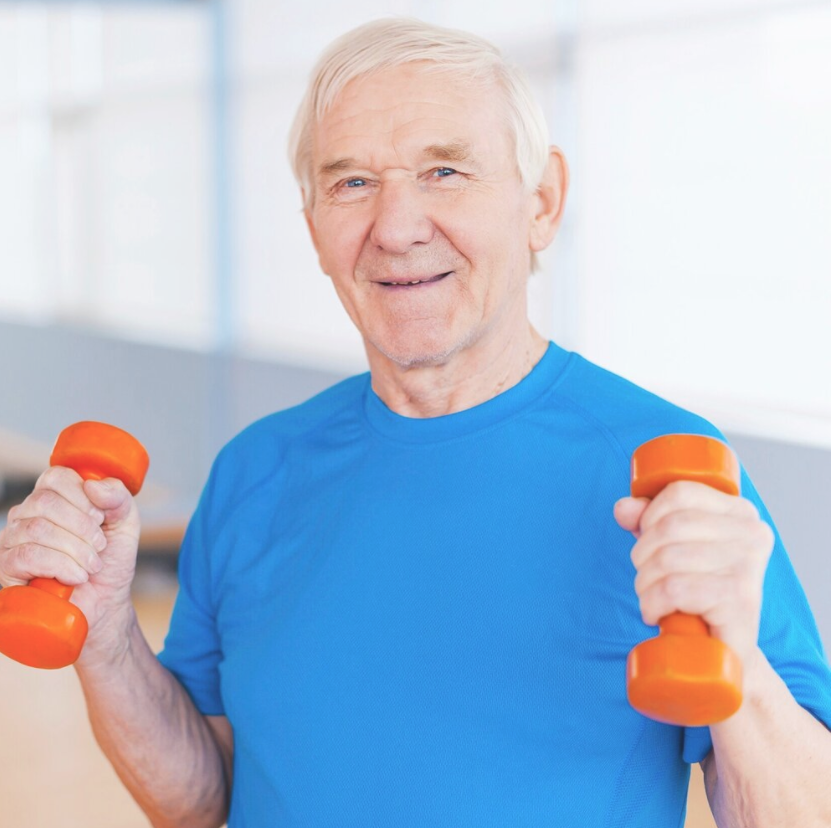Exercise and Lymphedema: Some questions answered
Exercise is good for you, right? Sure, so many health benefits are found to help you prevent or manage many chronic health conditions, as well as improve muscle, bone, and heart health. But, what you do, how you do it and for how long matters. The American College of Sports Medicine and Center for Disease Control and Prevention recommend that all healthy adults aged 18-65 years should participate in moderate intensity aerobic physical activity for 30 minutes, five days a week, or in combination of 20 minutes of vigorous aerobic activity, three days a week, to maintain or increase muscular strength and endurance.
What if I have lymphedema? Exercise can be safe, and you still reap the benefits. Even if you do not have swelling, but have had your lymph system compromised in some way, via surgery or radiation, you can follow some simple guidelines that can give you the health benefits of exercise and minimize your risk of swelling. The lymphatic system relies on the movement of our muscles to move the lymph through the body.
How? Once given the okay by your medical provider, start slowly, following any precautions that your surgeon may have mentioned. Then, gently progress from there. Your certified lymphedema therapist can guide you, which may also be your physical or occupational therapist. If you wear a compression garment or bandages, you can make the muscle pump more efficient in assisting the lymphatic flow. This may even help you reduce swelling that might already be present.
Will it cause or make my swelling worse? The National Institute for Health and Care Excellence (NICE) made recommendations about exercise and lymphoedema, based on a study of those who had breast-cancer-related lymphedema and those who were just at risk, and found that exercise doesn't prevent, cause or worsen lymphoedema. They also suggest that exercise may improve your quality of life. During another study, a group of women, performing a supervised slowly progressive weight lifting program, had a 50% reduction in the likelihood of their lymphedema flares.
What kind of exercise should I do? Something you enjoy! This can be walking, jogging, cycling, stationary cycling, swimming, yoga, Pilates, dancing, Tai Chi, and even weight lifting. For many, if done with others, and you find it fun, you are likely to be more consistent.
Begin slowly, listen to your body, and with some effort, you can work towards many health gains, with your lymphedema therapist’s guidance. You may improve your flexibility, strength, and endurance, boost your mood, while multiple body systems benefit. You can keep your body fit and able to do the things you love, while living well, despite your lymphatic compromise, with a little bit of movement.

